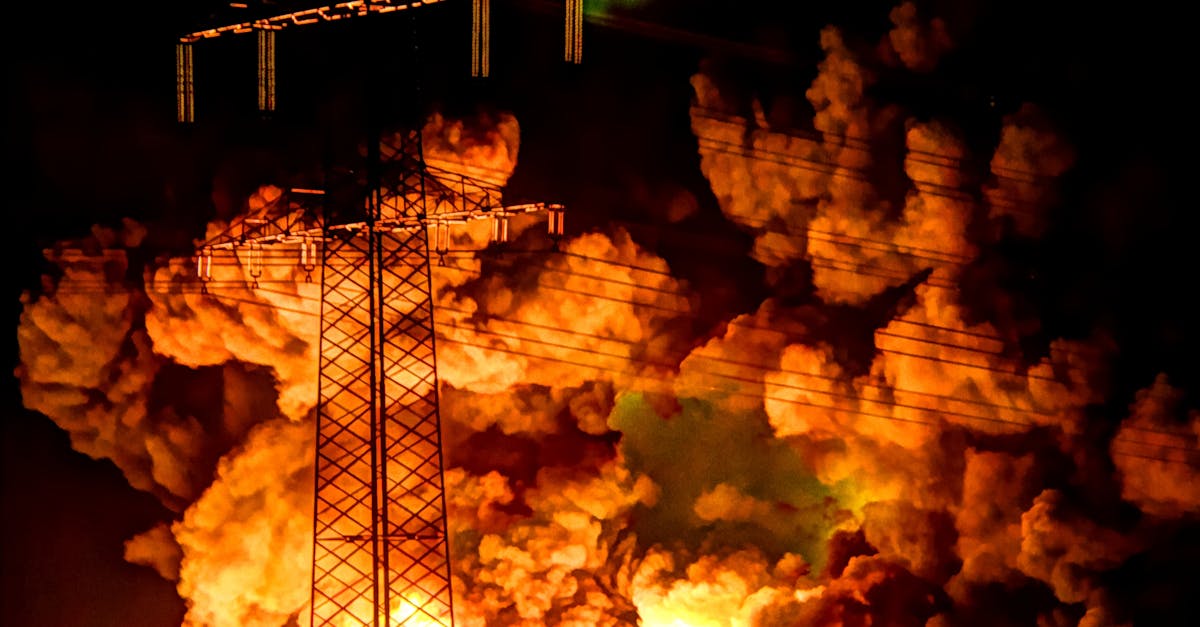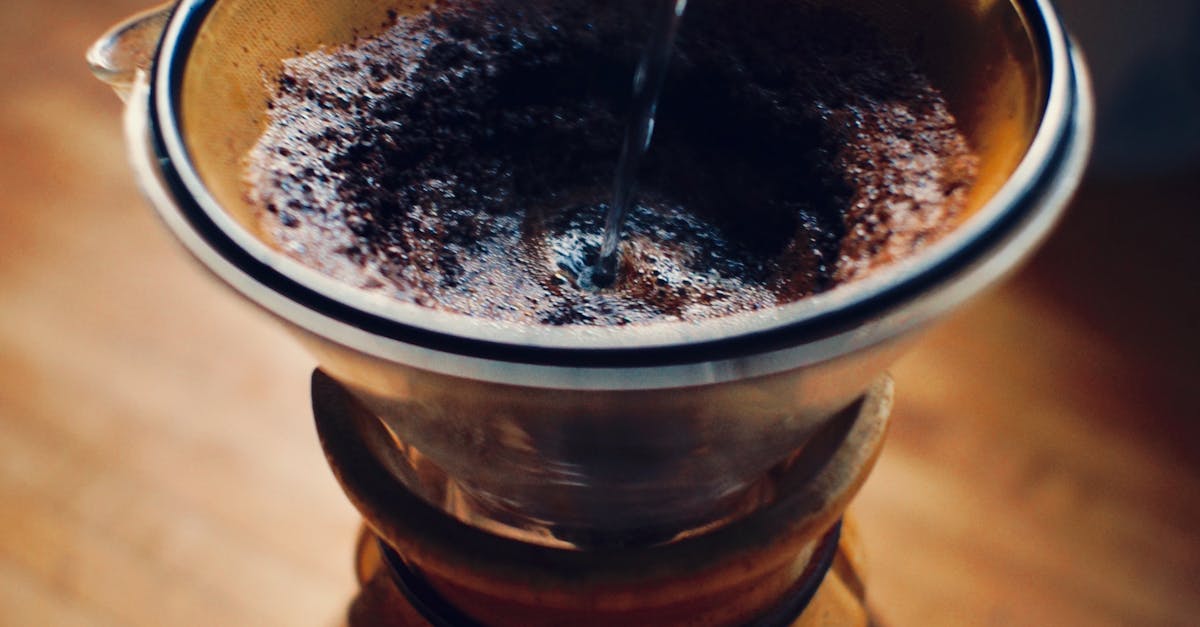
Table Of Contents
Frequency of Draining Your Water Heater
Regular maintenance is crucial for extending the life of your water heater. Most manufacturers recommend draining the tank at least once a year to remove sediment buildup. This annual task is part of Hot Water System Maintenance. When sediment accumulates, it can lead to inefficiency and even potential damage to the heating elements over time.
The frequency of draining may vary depending on the type of water heater and the quality of water in your area. Homes with hard water may require more frequent draining, possibly every six months. By staying proactive with these maintenance tasks, homeowners can promote better efficiency and prevent costly repairs.
Recommendations for Different Water Heater Types
Different types of water heaters may require varying approaches when it comes to maintenance and draining. For traditional tank water heaters, experts generally recommend draining the tank once a year. This practice helps reduce sediment buildup and can improve the heater's efficiency. In contrast, tankless water heaters also benefit from regular maintenance, but the focus should be on descaling rather than draining, given that these systems do not store hot water in a tank. Owners should follow manufacturer guidelines for specific maintenance schedules.
For electric and gas water heaters, the recommendation remains consistent with annual draining, particularly in areas with hard water. Implementing a thorough Hot Water System Maintenance routine not only extends the lifespan of the heater but also ensures optimal performance. In locations with significant sediment accumulation, more frequent maintenance may be necessary, so keeping an eye on the system's efficiency can guide homeowners in their upkeep decisions.
Potential Risks of Not Draining Your Water Heater
Neglecting to drain your water heater can lead to several potential risks that might affect both the efficiency and longevity of your hot water system. Over time, sediment accumulates at the bottom of the tank. This buildup can significantly reduce the heating efficiency, forcing the unit to work harder to produce hot water. Consequently, this unnecessary strain can lead to higher energy bills and might even shorten the lifespan of the unit.
In addition to reduced efficiency, the neglected sediment can create more serious problems. It may lead to rust and corrosion within the tank, potentially resulting in leaks. Water damage from a leaking heater can be costly and create a hazardous environment. Regular hot water system maintenance is essential to mitigate these risks, ensuring optimal performance and prolonging the life of your unit.
Consequences of Ignoring Sediment Accumulation
Ignoring sediment accumulation in a water heater can lead to a range of serious problems. Over time, sediments like minerals and debris settle at the bottom of the tank, preventing efficient heating. This buildup forces the heating elements to work harder, causing increased energy consumption and lower overall efficiency. Homeowners might notice higher utility bills as a direct result of this neglect in hot water system maintenance.
In addition to higher costs, failing to address sediment can also result in decreased water quality. Sediment can cause discoloration and a questionable taste in the hot water, detracting from the overall experience of using plumbing fixtures. Long-term neglect may even result in damage to the water heater itself, leading to leaks or more severe structural issues. Regular hot water system maintenance is essential for ensuring both the longevity of the unit and the quality of the water produced.
Professional vs. DIY Water Heater Draining
When it comes to draining your water heater, homeowners often face the choice between handling it themselves or hiring a professional. DIY enthusiasts might feel confident managing the task, especially if they have basic plumbing knowledge. With the right tools and instructions, draining the tank can be straightforward for those comfortable with home maintenance. However, even minor mistakes can lead to complications or damage to the unit, making it essential to assess your skill level and the complexity of the job.
On the other hand, enlisting a professional for hot water system maintenance can provide peace of mind. A trained technician ensures the job is done correctly and safely, minimizing the risk of improper drainage that could lead to various issues down the line. Additionally, professionals can inspect the water heater for other potential problems during the maintenance process. This proactive approach can save you money in repairs and increase the unit’s longevity, making it a worthwhile investment for many homeowners.
Determining When to Call a Plumber
Homeowners may find themselves at a crossroads when considering whether to tackle water heater maintenance on their own or seek professional assistance. If your water heater is showing signs of significant sediment buildup or if there are unusual noises coming from the unit, it may be time to consult a plumber. Issues such as inconsistent water temperature or leaks can indicate larger problems that require expert attention. Regular hot water system maintenance is essential to extend the life of your heater and ensure optimal performance.
Additionally, if you feel uncertain about the draining process or lack the necessary tools, enlisting a professional is a sensible choice. A plumber not only has the experience to handle potential complications but can also perform a thorough inspection of your hot water system. This can help detect underlying issues that might not be visible during a simple DIY draining. Making a call to a professional ensures your water heater remains in good condition and minimizes the risk of future repairs.
FAQS
How often should I drain my water heater?
It is generally recommended to drain your water heater at least once a year to remove sediment buildup and maintain efficiency.
What type of water heater requires more frequent draining?
Tank-style water heaters typically require more frequent draining than tankless models, especially in areas with hard water, which can lead to more sediment accumulation.
What are the risks of not draining my water heater?
Not draining your water heater can lead to sediment buildup, which can reduce efficiency, cause strange noises, and potentially damage the unit over time.
Can I drain my water heater myself?
Yes, you can drain your water heater yourself by following the manufacturer's instructions, but if you're unsure or uncomfortable, it's best to call a professional.
When should I call a plumber for my water heater?
You should call a plumber if you notice leaks, strange noises, or if the draining process is too complicated or overwhelming for you to handle on your own.





























